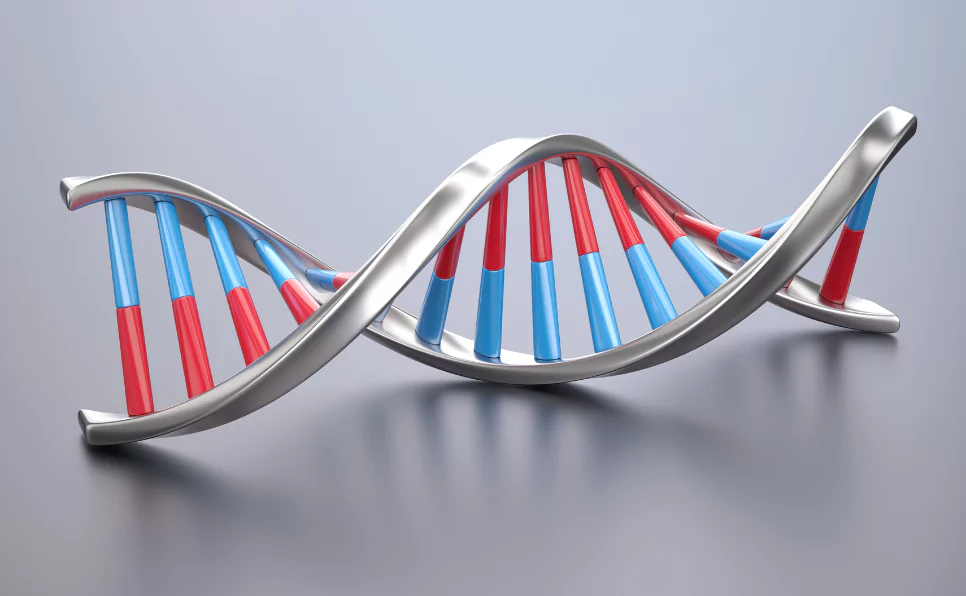Some people rave about the bold flavors in certain foods while others scrunch their noses at the same taste and the answer might lie in a tiny compound called phenylthiocarbamide (PTC) and our genetic ability to taste it.
This curious variation in taste perception is not just a topic of dinner table debates but also a fascinating glimpse into genetics.
If you’re pondering whether your little one will be a super taster or blissfully unaware of PTC’s bitter taste, our Baby PTC Taste Predictor is here to give you a taste of the future!
Child’s Ability to Taste PTC Predictor
Select PTC Taste Ability for Parents and Grandparents (if known)
Try Other Genetic Calculators:
PTC Taste Perdictor
Our Baby PTC Taste Predictor explores the genetic likelihood of your baby inheriting the ability to taste PTC, a compound that tastes bitter to some people and is virtually tasteless to others.
This tool decodes the genetics of taste in an engaging way, reflecting on the traits passed through your family’s taste buds.
The Bitter Truth Behind PTC
PTC tasting is a classic example of genetic variation in sensory perception.
The ability to taste PTC (or find it bitter) is largely governed by a specific gene known as TAS2R38.
This gene comes in several variants, leading to a wide range of taste sensitivities among individuals.
Those who can taste PTC are often dubbed “super tasters,” as this trait usually correlates with heightened sensitivity to other tastes as well.
Genetics on the Tip of Your Tongue
Genetically, the ability to taste PTC is dominant, meaning that if an individual inherits the tasting allele from even one parent, they are likely to be sensitive to PTC’s bitter flavor.
This simple Mendelian trait offers a clear example of how certain characteristics are passed down from parents to children, showcasing the direct impact of genetics on our interaction with the world around us.
How Our Predictor Works
By inputting information about the PTC tasting ability of your family members, our Baby PTC Taste Predictor calculates the odds of your offspring being able to detect the bitterness of PTC.
As with all things genetic, it’s important to approach our Baby PTC Taste Predictor with curiosity and an open mind.
Genetics provides a framework for understanding potential traits, but the multigenic influence always holds room for surprises. Our tool is designed to spark interest in the genetic foundations of taste, rather than to serve as a definitive guide.
Frequently Asked Questions
Can two non-tasters have a child who is a taster?
Theoretically, it’s less likely since the ability to taste PTC is a dominant trait. However, complex genetics and the presence of multiple alleles can sometimes lead to unexpected outcomes.
How common is the ability to taste PTC?
The distribution of PTC tasting ability varies significantly across different populations and ethnic groups, making it a fascinating study in genetic diversity.
Does the ability to taste PTC affect overall health?
While PTC tasting ability is an interesting trait, there’s no direct link to overall health. It mainly influences individual dietary preferences and taste sensitivities.
How reliable is the PTC taste predictor?
Our predictor offers an engaging way to explore genetic likelihood based on known principles of inheritance. However, the complexities of human genetics means there’s always potential for variation beyond simple predictions.

Dr. Sumeet is a seasoned geneticist turned wellness educator and successful financial blogger. GenesWellness.com, leverages his rich academic background and passion for sharing knowledge online to demystify the role of genetics in wellness. His work is globally published and he is quoted on top health platforms like Medical News Today, Healthline, MDLinx, Verywell Mind, NCOA, and more. Using his unique mix of genetics expertise and digital fluency, Dr. Sumeet inspires readers toward healthier, more informed lifestyles.




